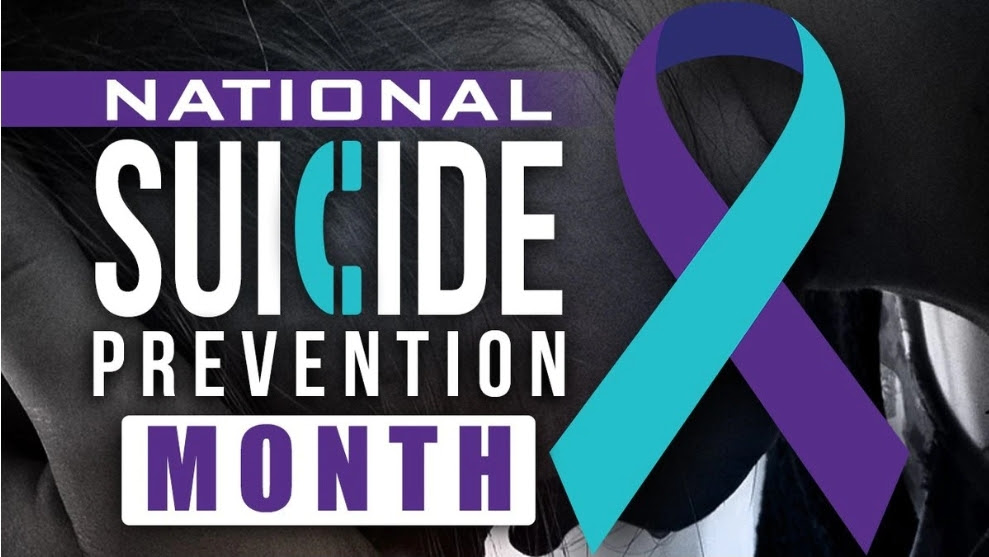
ABOUT US
SCHOOL SOCIAL WORK SERVICES - ATTENDANCE & WRAPAROUND SERVICES
ADVOCACY
School social workers function in the role of advocate for the student and his/her family within the school system and community. Historically, social workers have advocated for the rights of the under-privileged and under-represented. School social workers advocate for and facilitate change that effectively responds to the needs of students, families and the school system. School social workers strive to empower children, families, educators and others to gain access to and effectively use school and community resources. The school social worker understands the role of advocate and possesses the skills necessary to facilitate change at all system levels. Utilizing the strengths-based perspective, the school social worker assists the child and family in identifying those services required to meet their needs. School social workers are knowledgeable of federal and state laws/legislation that affect schools, children and families. They are also aware of services and programs within the school system that support student growth and education. The role of advocate extends to the community, where the school social worker seeks and encourages the development of and access to both hard and soft services that support students and their families. School social workers are familiar with available resources and the referral process for local community agencies serving students and their families. School social workers support student transitions at school, home and in the community. This process may involve collaborating with other schools, family members and community agencies to encourage student success and growth.

ATTENDANCE
Function as a child advocate to promote regular school attendance for all students.
Consult with all school personnel to encourage early identification of students with a pattern of irregular or poor school attendance
Conference with students at school to identify factors that may cause or contribute to poor school attendance.
Inform students and parents of their individual and collective responsibility about the Georgia Compulsory School Attendance Law.
Provide direct social services to students and families during home visitations.
Collaborate with parents to identify problems at the home and school level that may contribute to poor school attendance.
When appropriate, provide parents with a list of community resources that can provide a variety of services to families (physical and mental health, financial, etc.).
Identify personnel and programs within the school that can provide additional support for students (psychological services, guidance and counseling, etc.).
Monitor the student's attendance on a weekly basis with respective school attendance clerks.
** When administrative actions taken to correct truancy have proven ineffective, the school system may file proceedings in court and furnish evidence for the conviction of parents and/or child for non-compliance with state attendance laws.
CRISIS RESPONSE
Over the course of a school year, incidents arise within each school, which requires immediate, informed and effective response on the part of district personnel. Most commonly, these incidents involve accidents with injuries, acts of violence, terminal illnesses and actual deaths. The district-level crisis intervention team comprises School Social Workers, counselors and psychologists as well as district-level collaborators and consultants such as personnel from the local mental health clinic, local police station, and/or fire department.
School crisis response teams must determine which crisis events are likely to require or benefit from a team response. In general, the following four crisis categories are included:
Death of a student, a staff member, or a community member whose death affects a significant portion of the school population.
Major environmental crisis, such as a flood or fire.
Situation that involves a threat to the physical safety of students, such as a school bus accident, even in the absence of injuries.
Situation that involves a perceived threat to the emotional well-being of students, such as may be precipitated by hate-crime graffiti or repetitive bomb threats. Advised by the Administrative School Safety Team.
Situations that involve only a few students, especially when trying to maintain privacy or confidentiality, are better addressed through means other than a school crisis response team, perhaps by a student assistance team, school social worker or guidance counselor.
EDUCATION
Parent – District social worker, School Counselors and Parent Engagement Specialist shall educate parents on laws governing mandated school attendance by letters (3, 5, 7, day intervals), phone calls, home visits, parent conferences and PTA presentations. Social workers educate parents on differentiating between excused and unexcused absences. The district’s policy pertaining to timeliness of providing written documentation necessary to excuse absences is discussed. Social workers discuss potential legal consequences should students continue to accrue unexcused absences and seek to remove barriers that prevent regular school attendance.
Faculty - School wide efforts to educate faculty through in-services on the Ga Compulsory School attendance law. The importance of the accuracy of information entered into powerschool is stressed as well as its timeliness. District Policy pertaining to differentiating between excused/unexcused absences is reviewed.
Community – District Social Worker make the community aware of Ga laws pertaining to school attendance by utilizing media outlets such as radio, television, and newspaper.
MANDATED REPORTING
School social workers are mandated reporters. Social workers report all suspected incidents of child abuse and neglect to the Department of Family and Children Services (See Child Abuse & Neglect Protocol).
MENTORING
District School Worker is involved in mentoring students. Ideal referrals would be students who have been identified as possibly benefiting from additional support (academically, socially, emotionally, etc.). Social workers mentor students individually or in group settings depending on the student and what is deemed most effective.
MCKINNEY VENTO (HOMELESS)
The McKinney-Vento Education of Homeless Children and Youth Assistance Act is a federal law that ensures immediate enrollment and educational stability for homeless children and youth. McKinney-Vento provides federal funding to states for supporting district programs that serve homeless students.
RESOURCE LINKAGE
School social workers secure economic resources such as clothing, food, eye glasses, utilities assistance etc. School social workers develop and maintain collaborative partnerships with agencies within the community to provide linkages between families and available community resources, to meet the needs of students and their families.
DELIVERY OF SCHOOL SOCIAL WORK SERVICES
Direct Services
Direct intervention to address the immediate concerns of at-risk students.
Purpose
Prevention, Intervention, Crisis Response
Coping with Stress
Family Issues
Divorce
Domestic Violence
Financial
Parenting
Grief/Loss Issues
Medical Issues
Mental Health Issues
Parent Education
Physical/Educational Neglect
Absences and truancy
Academic Achievement
Bullying
Dropout Prevention
Harassment
Misbehavior
School Avoidance
Special Education
Tardiness
Underachievement
Sexuality Issues
Substance Abuse
SCHOOL SOCIAL WORKER ROLE
Bio-psycho-social Assessment
Crisis Intervention
Family Counseling
Home/School/Community Liaison
Individual Therapy/Counseling
Mediation
Small Group Therapy/Counseling
Indirect Services
WORK WITH SCHOOL, COMMUNITY AND AGENCY PERSONNEL TO ADDRESS AT-RISK STUDENT CONCERNS.
Purpose
Prevention, Intervention, Community/Agency response
Community Collaboration
Community Outreach
Interdisciplinary Team Problem Solving
Intervention Plan Development
Policy and Supplemental Program Development
Public Relations
Research and Publishing
School Improvement Planning
School Social Worker’s Professional
Development
Special Education
Case Management
Consultation
Process Coordination
Related Services
Bio-psycho-social Assessment
Counseling (group, individual and/or family)
Mobilizing family, school and community resources to enable the child to learn as effectively as possible in his or her educational program.
Working with those problems in the child’s living situation that affect the child’s adjustment in school.
Staff Development for Educators
Teacher/Administrator Consultation
SCHOOL SOCIAL WORKER ROLE
Advocacy; Multidisciplinary Teams;
Case Management; Outside Agency Liaison;
Collaboration; Parent Education;
Consultation; Prevention;
Coordination; Referrals;
Facilitation; Support Student Learning
Home/School/ Community Liaison
September Wiggins
SYSTEM SCHOOL SOCIAL WORKER / WRAPAROUND SERVICES EDUCATOR
SWIGGINS@CHATTCO.ORG
706-989-3774
